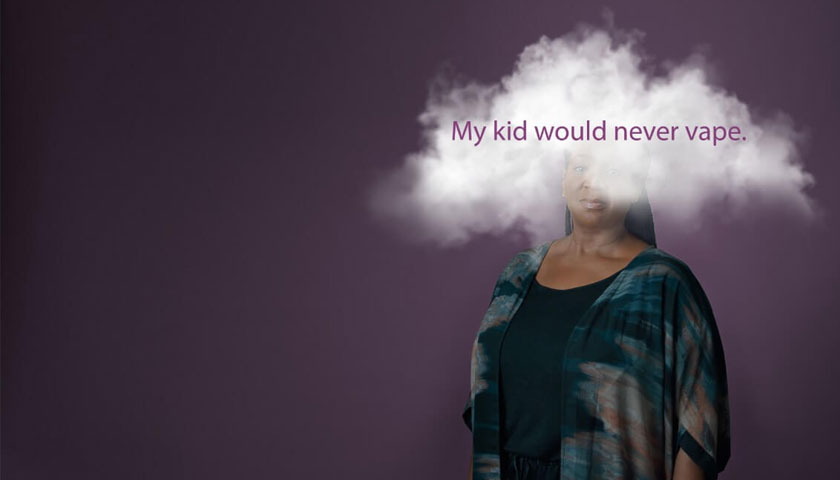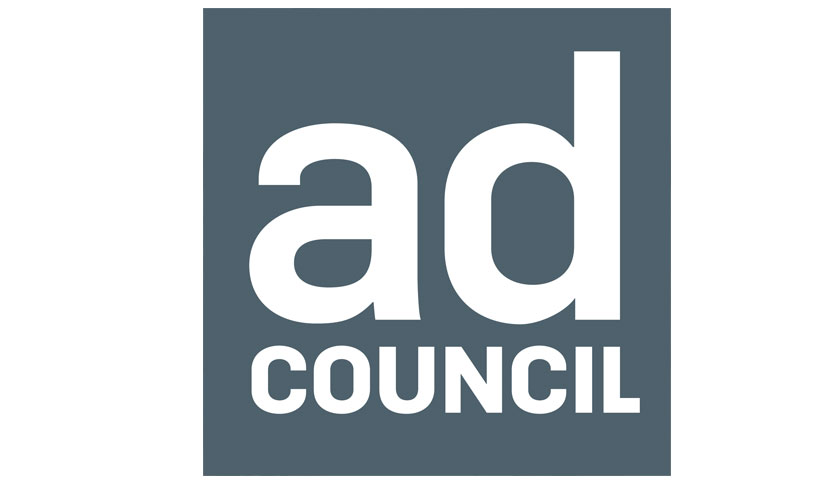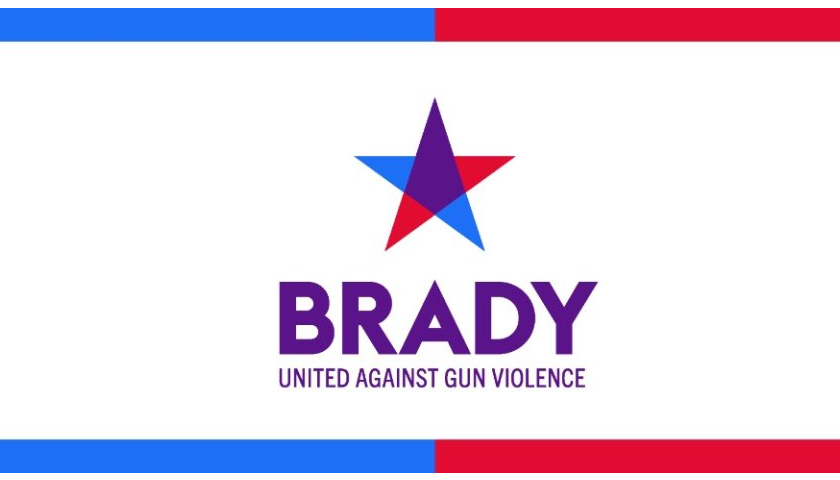More than one in four high school students use e-cigarettes, setting them up for a lifetime of addiction. In fact, the U.S. Surgeon General has classified this increase in youth vaping “an epidemic.” As kids head back to school, whether in-person or virtually, many will experience social pressure to vape. Others may begin vaping in response to the trigger of stress, including stress related to the COVID-19 pandemic. Vaping exposes kids to harmful chemicals, damaging developing lungs and may even place them at greater risk for severe COVID-19 complications. Now, when protecting lung health is more important than ever, the American Lung Association has announced a broad plan to end youth vaping.
The American Lung Association’s plan to end youth vaping encompasses education, advocacy and research, and has four components:
- Public awareness campaign with the Ad Council, to equip parents with the facts about e-cigarettes and support conversations before kids start to vape
- Vape-Free Schools Initiative to help educators address the surge of youth vaping
- Targeted advocacy plan to impact e-cigarette policies at local, state and federal levels
- $2 million research investment to understand the effects of vaping on developing lungs
“Youth vaping has skyrocketed, placing our children at risk of a lifetime of tobacco addiction and harm to developing lungs and overall health,” said American Lung Association President and CEO Harold Wimmer. “We want to support students, parents and schools who are dealing with this rise in teen and tween vaping. The American Lung Association is leading a response to this public health crisis with a comprehensive plan and proven approaches to ensure a vape-free future for our kids.”
Education and Awareness Tools
According to new research conducted by the Ad Council and C+R Research, only 2 in 5 parents are confident that they can influence their child not to vape. To encourage conversations between parents and their kids and counter misinformation from Big Tobacco about the dangers of vaping, the Lung Association is partnering with the Ad Council to launch the nationwide awareness campaign, “Get Your Head Out of the Cloud.”
Created pro bono by advertising agency Hill Holliday, the campaign aims to serve as a wake-up call to parents of 10- to 14-year-olds to the dangers of vaping and encourage ongoing and effective conversations with their children to prevent them from starting to use e-cigarettes. To provide parents with a simple roadmap to having the conversation with their kids, “Get Your Head Out of the Cloud” includes free educational resources and guides, conversation starters and facts about vaping at TalkAboutVaping.org.
“We know there is a serious knowledge gap among parents about the dangers and prevalence of youth vaping throughout the country – many are confused about the risks and unaware that nearly 8,000 kids start vaping every day,” said Ad Council President and CEO Lisa Sherman. “We’re proud to join with our long-time partners at the American Lung Association to provide tools, resources and education to help put an end to the youth vaping epidemic.”
Video on YouTube:
Accompanying the PSA and website resources, celebrities including Alysia Reiner, Marlee Matlin and Rosie Mercado have joined “Get Your Head Out of the Cloud,” lending their support to educating other parents about the risks of youth vaping and the importance of ongoing conversations with their children about the issue.
Vape-Free School initiative
Vaping is not just an issue for parents and families. With 27.5% of high school students using e-cigarettes, educators have been overwhelmed with this health crisis. The Lung Association is poised to help with its new Vape-Free Schools Initiative, which offers vaping cessation assistance through the N-O-T®: Not On Tobacco program, as well as an alternative to suspension program for those found vaping on campus through INDEPTH®. Participating schools will be recognized as part of the American Lung Association Vape-Free Schools Initiative in their communities and with parents and staff. Seeing that many schools are operating either partially or fully online this year, the Vape-Free Schools trainings are offered as virtual lessons that can be accessed online.
Advocacy for Lung Health
The American Lung Association is advocating for lung health to counteract Big Tobacco targeting youth and seeking to hook the next generation. Policy change can prevent initiation and curb youth smoking and vaping rates dramatically. The Lung Association is increasing its efforts on proven tobacco prevention and control measures on the local, state and federal levels, such as including e-cigarettes in all smokefree laws, ensuring that all flavored tobacco products – including mint and menthol – are cleared from the markets, and that e-cigarettes are subject to the same taxes as combustible cigarettes. These efforts also include urging the Food and Drug Administration and Federal Trade Commission to stop vaping advertising targeting kids, including on social media.
Research to Combat Vaping-Related Lung Damage
The surge in youth vaping and the lack of corresponding research has driven the American Lung Association to seek research partners to understand the impact of vaping with COVID-19 complications, as well as long-term health impacts of e-cigarettes on youth. To that end, the Lung Association is committed to investing $2 million to fund vaping-related research.
The Lung Association is funding several independent investigator research projects that will study the impact of vaping on lung health and examine how to reduce adolescent vaping and smoking of both tobacco and cannabis products. In addition, the organization is also partnering with Northwestern Medicine in a $25 million National Institutes of Health (NIH)-funded grant to study the longitudinal lung health of millennials, including the long-term impact of vaping. Through an additional and unique partnership with NIH’s National Heart, Lung and Blood Institute, the Lung Association will enhance the study’s capacity to examine early lung injuries related to vaping.


